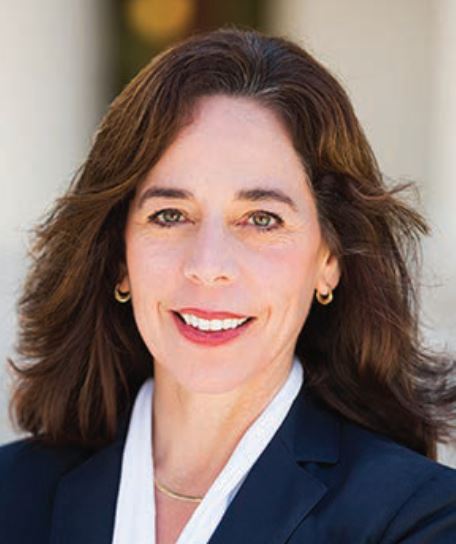An “Independent Living Facility” (ILF) is a special type of group home where unrelated adults live and pay rent individually to a property owner or operator. When ILFs live up their promise, they are a boon for people of limited income who would otherwise fend for themselves in a high-priced housing market. When they don’t, and unscrupulous operators put their tenants’ health or safety at risk, my Office is empowered by the law to step in. Since 2018, we’ve been cracking down on operators who fail at their responsibilities as landlords and caretakers. Our prosecutors shut down seven ILFs and forced 35 others to correct their deficiencies and come into compliance with health codes and zoning laws. Seventeen cases are still open. Prosecution can send a message and lead to meaningful change. We’ve begun to see the fruits of our labors — the number of referrals to our Office has dropped significantly. Two years ago, we were receiving a dozen new referrals a month, and we’re now seeing two or three. Operators of assisted living or skilled nursing facilities are regulated by the state, which means that there are rules on the books, expectations are in place, and oversight occurs. ILFs, on the other hand, are unlicensed by any government entity. When ILF operators rent rooms to people they know are not independent, i.e., they cannot meet their own needs, such as bathing, feeding themselves, washing clothes, and taking medications, a predatory relationship can develop. Our cases have involved unscrupulous ILF operators who’ve pocketed rent money from residents, some of whom are mentally or physically disabled, while subjecting them to filthy and hazardous conditions. These stories are heartbreaking: rooms infested with bedbugs, roaches, and rodents; people living in filthy beds and wearing soiled clothes; and operators denying their tenants phone privileges. Urinary catheters neglected, dangerous conditions from the lack of proper medical care, horrific bedsores and more. Our inspectors have seen ILFs with inoperable showers and toilets, no refrigerators, and one where the owner unplugged the washing machine so residents wouldn’t “waste water.” We’ve intervened in situations where residents needed immediate hospitalization. Our work became even more critical during pandemic-related lockdowns. When our prosecution forces an operator out of business and substandard housing conditions exist, we assist in relocating their residents, many of whom are one step from homelessness. In those cases, a City Attorney’s Victim Services Coordinator works with the residents to find them appropriate housing where they will be treated with dignity and receive any services they need. This work could not be accomplished without the concerted efforts of many hardworking individuals in the city Code Enforcement Division and San Diego Police Department. These public servants partner with the City Attorney’s Nuisance Abatement Unit, led by Chief Deputy City Attorney Gabriela Brannan, to work together on an Independent Living Facilities task force. In addition to filing civil enforcement actions, Deputy City Attorney Joseph Raskin has investigated and criminally prosecuted our most egregious cases — criminal abuses by predatory ILF operators who exploit vulnerable victims, using the ILF exemption from licensing and inspection as a shield. Task force members agree that word has gotten out among ILF owners and operators that the City Attorney’s Office will come after them if they skirt the law. In addition to being forced to shut down, some ILF owners and operators have been ordered to pay civil penalties, fines, have been permanently enjoined from operating an unlicensed residential care facility in the City of San Diego, and have been placed on probation with jail time stayed pending compliance with the court’s order. Representatives from San Diego County Adult Protective Services and the California Department of Social Services Community Care Licensing Division have also joined the monthly task force meetings, to better share pertinent information and foster interagency cooperation. Together we’ve been able to stem the rising tide of badfaith ILF operators who willfully take advantage of those who need our protection the most. We will continue in this effort to hold accountable those who would profit from the misery of others, and ensure that neglected ILF residents receive the help they deserve.
Cleaning up independent living facilities and helping the vulnerable
By Mara W. Elliott












